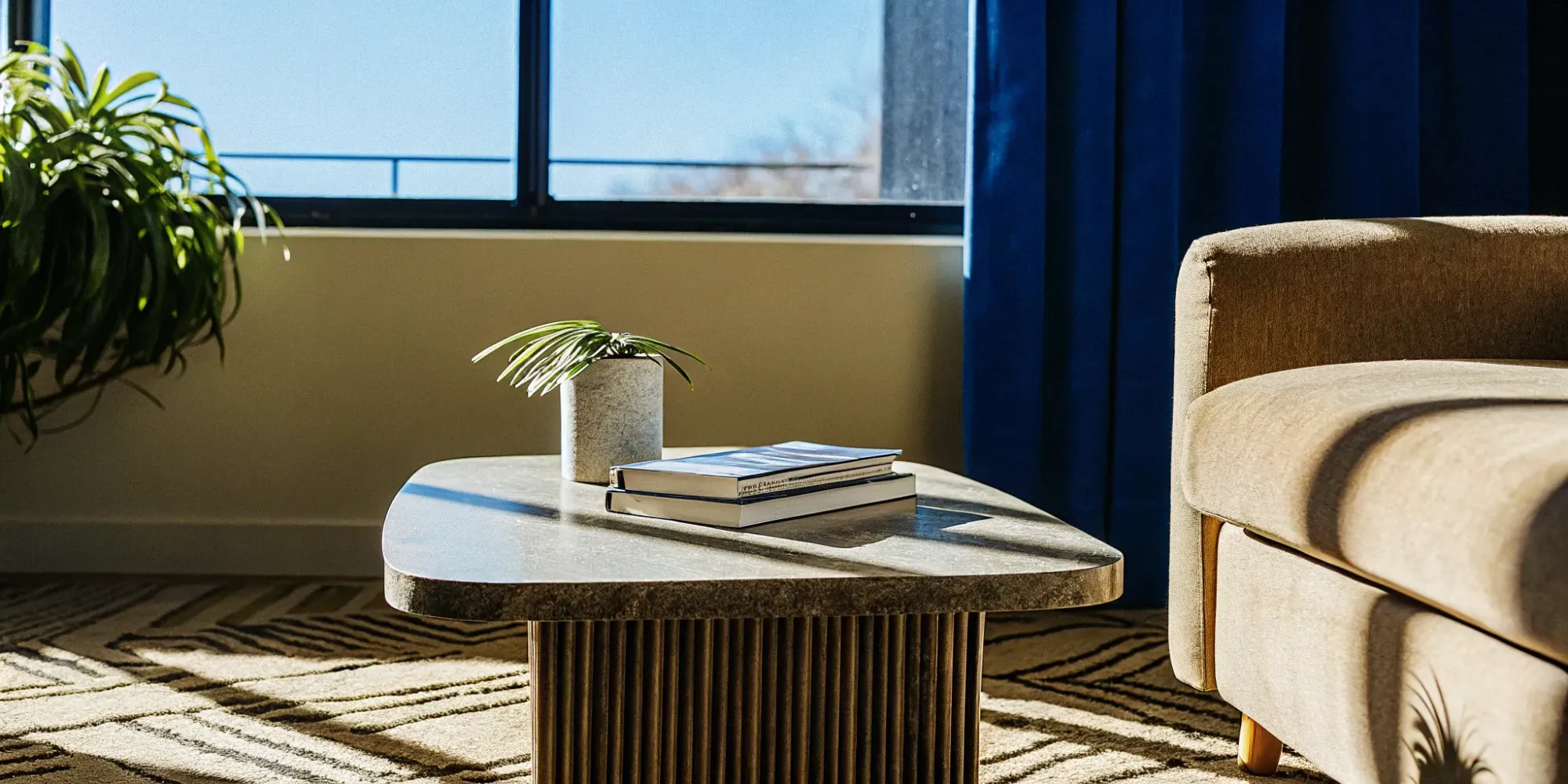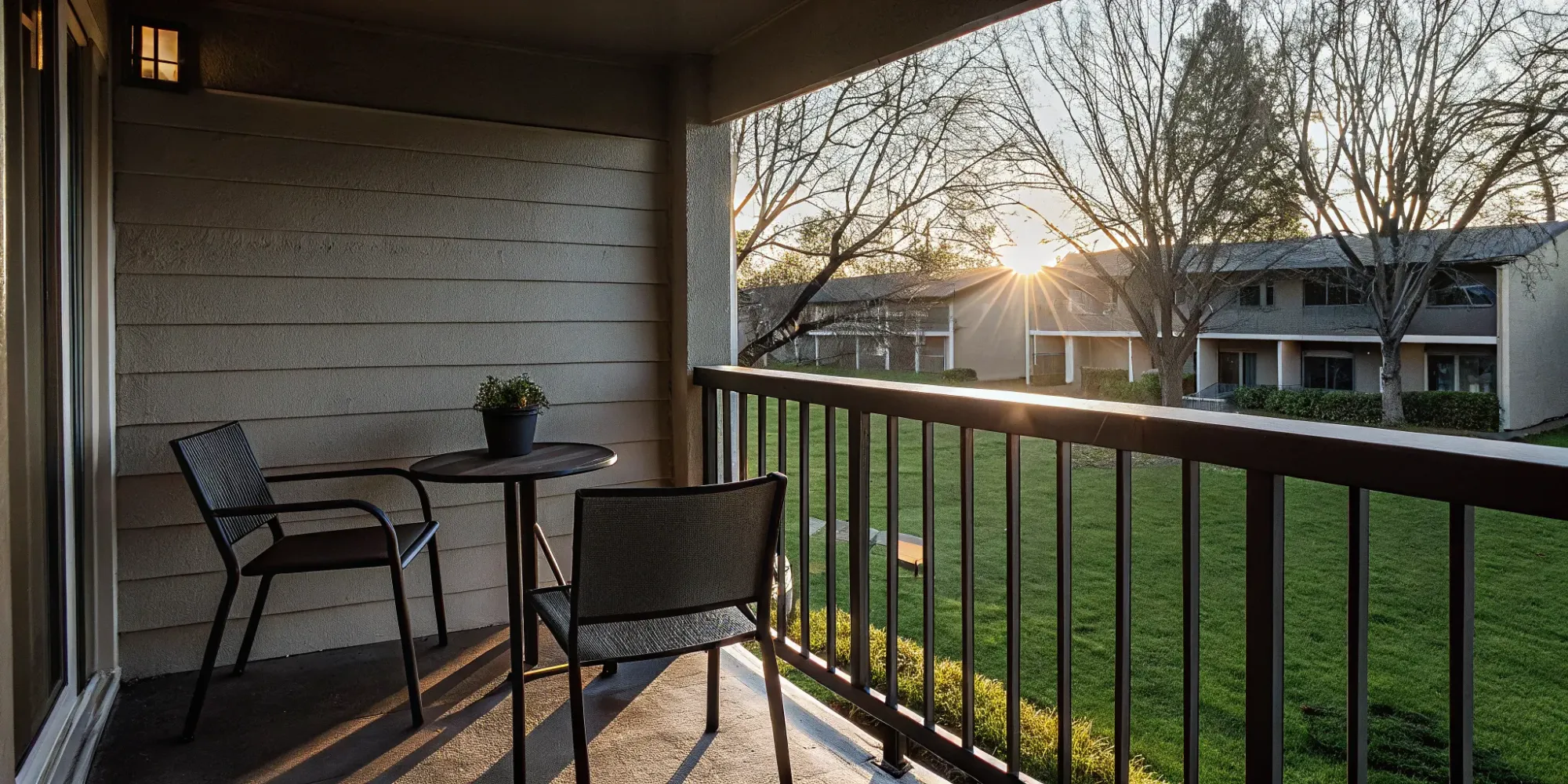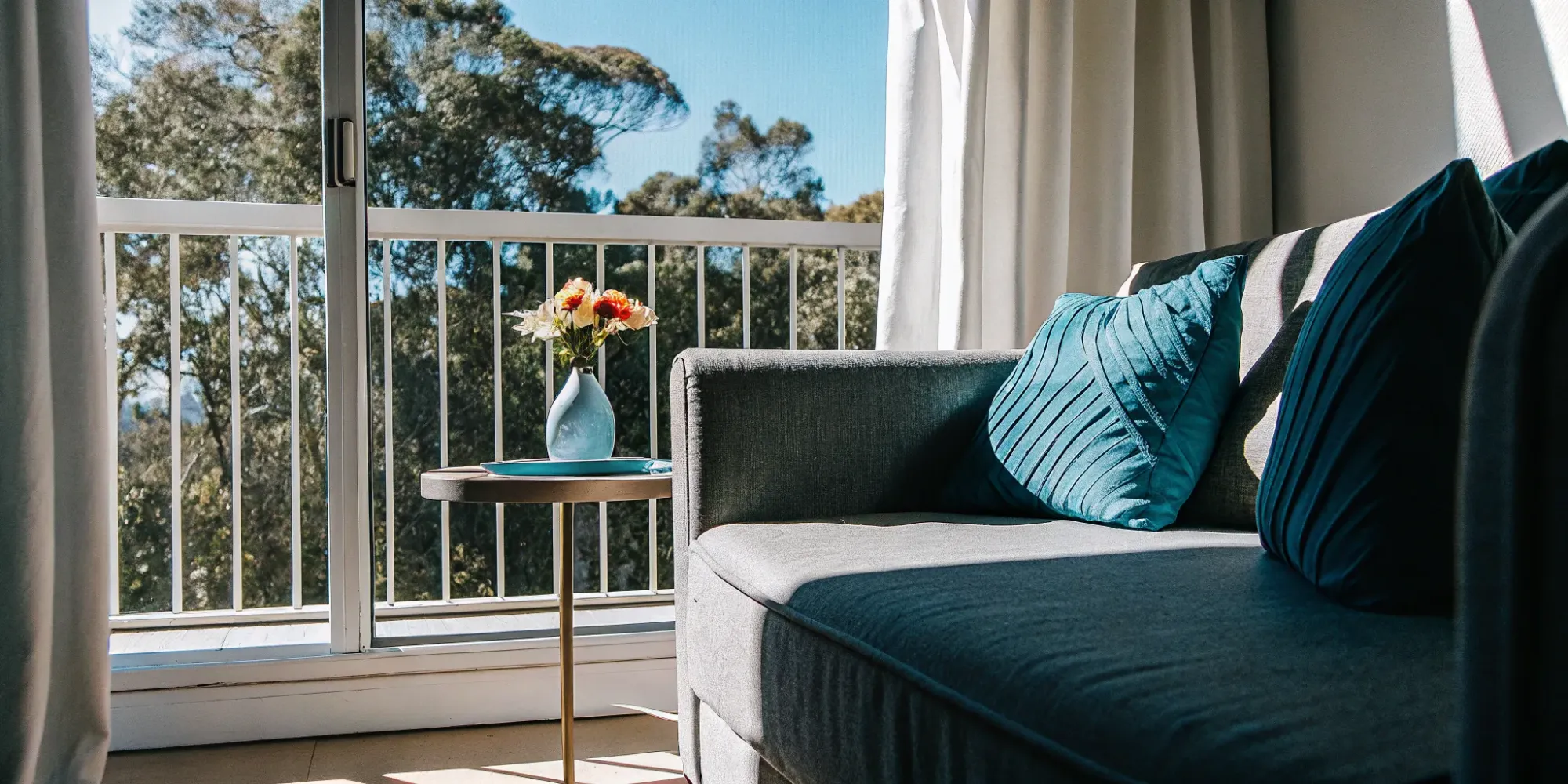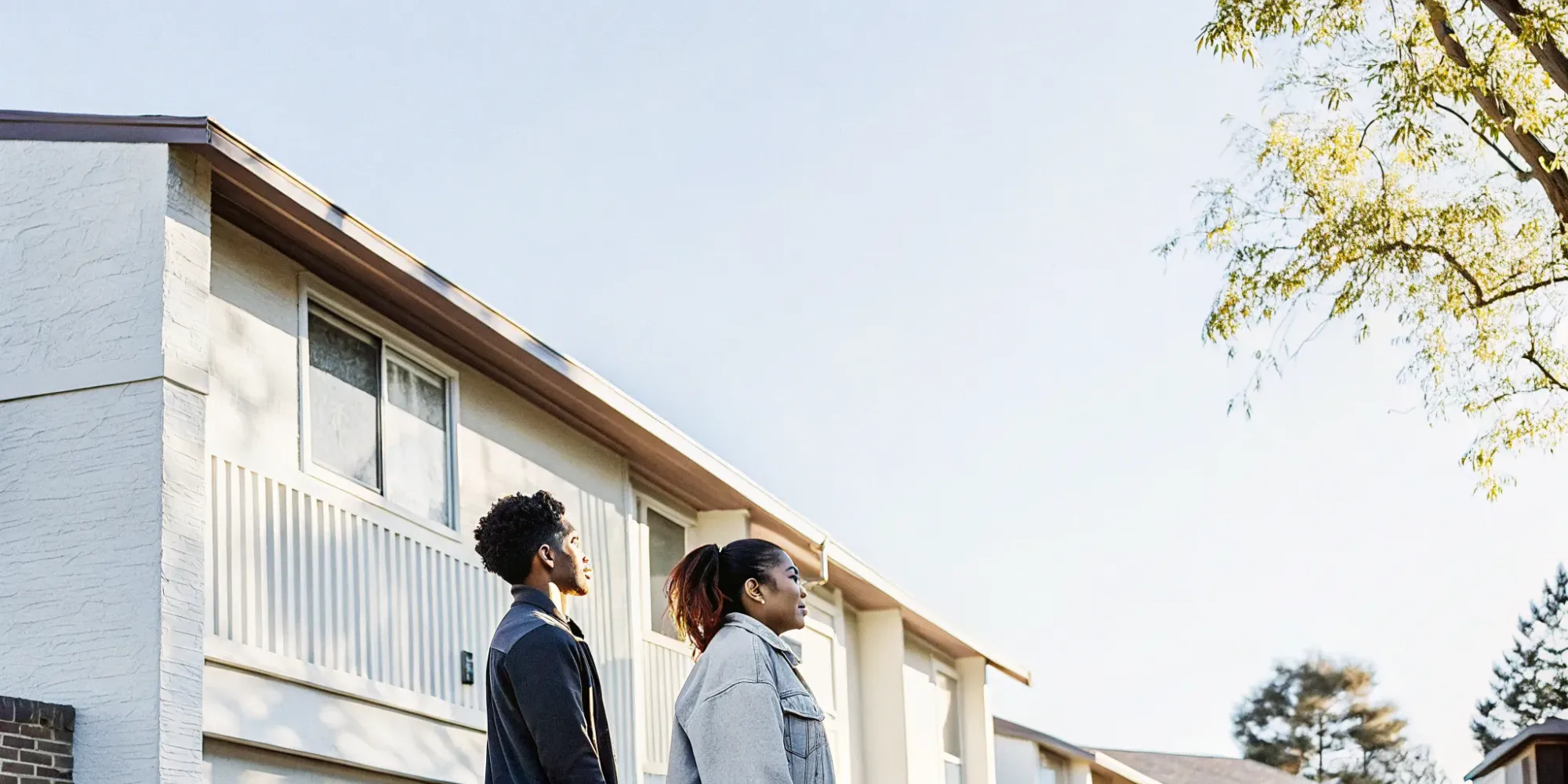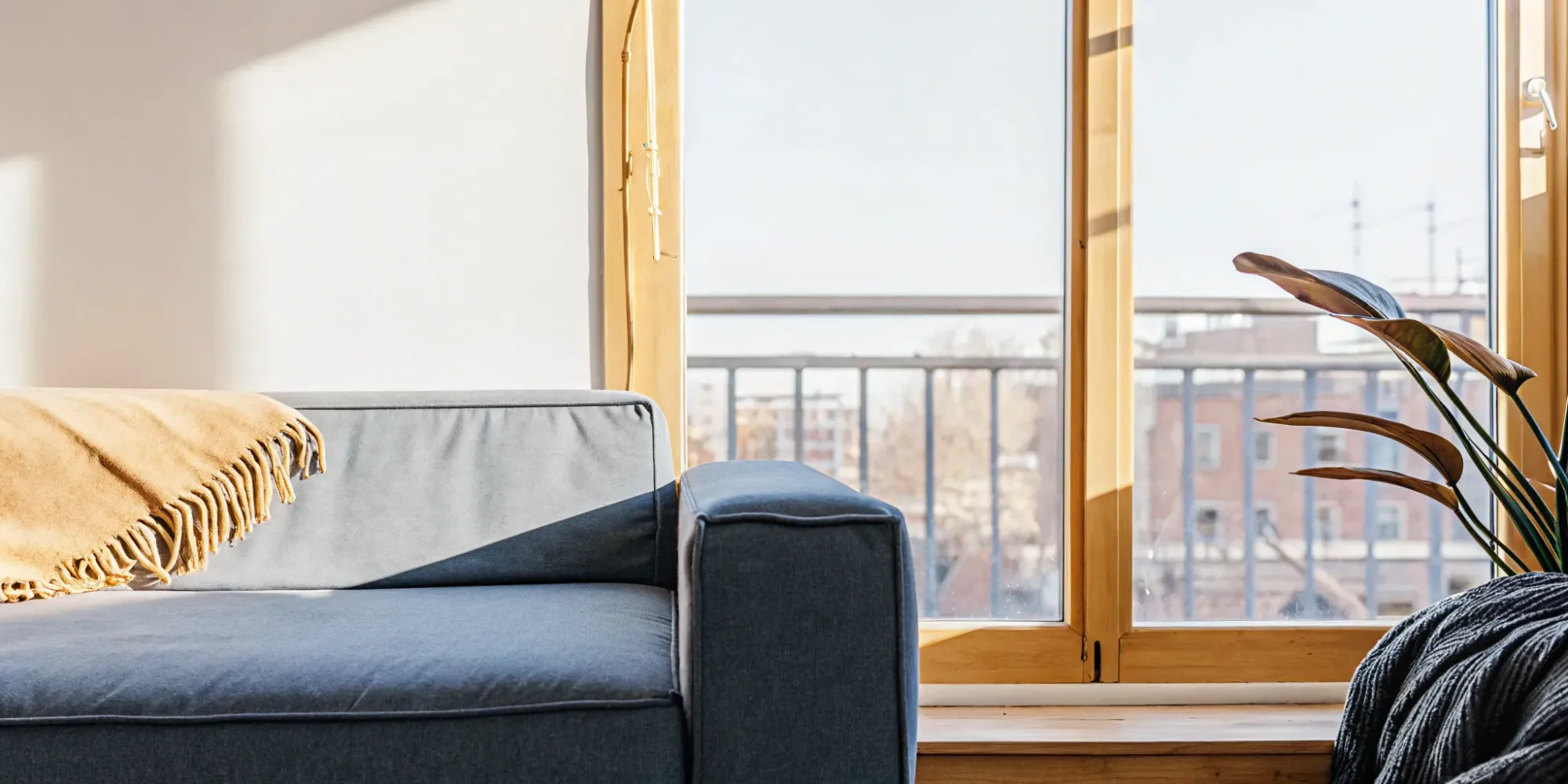Holiday Insurance Mishaps To Avoid
12 Dec 2022 • 6 min read
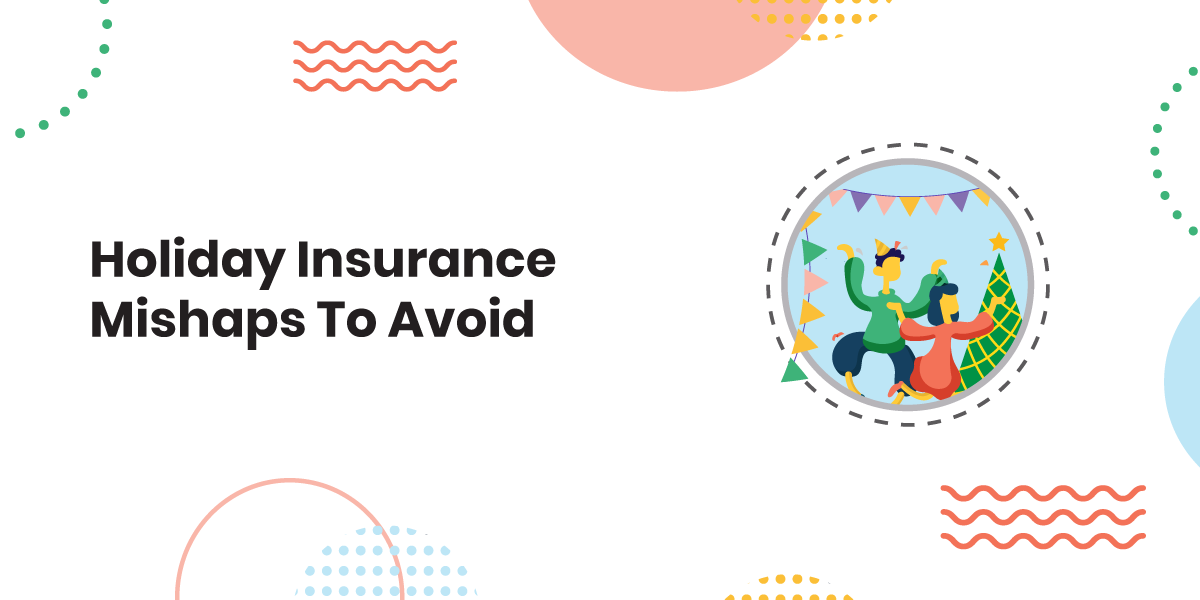
Car crashes. Kitchen fires. Food poisoning. Grandma getting trampled by a reindeer. When you're celebrating the holidays with friends or family members at home, there are countless ways for accidents to occur.
If you don't have insurance coverage, you could find yourself footing a hefty bill during the most wonderful times of the year.
To help keep your costs down, we've created this list of common holiday insurance mishaps to avoid, safety tips to prevent them from happening in the first place, and what to do if they occur.
1. Decor and Kitchen Fires
2. Slips, Trips, and Falls
3. Alcohol-Related Incidents
4. Theft
5. Vandalism
Final Thoughts: Common Holiday Insurance Accidents To Avoid
1. Kitchen Fires
If you're hosting a party during the holiday season, chances are you'll be doing a lot of cooking. This means an increased risk of kitchen fires, especially during Thanksgiving and Christmas.
In fact, the NFPA urged people to be extra cautious when preparing their holiday feasts, reminding them that “more than three times as many cooking fires occur on Thanksgiving Day as a typical day of the year.”
The good news is you can reduce the risk of kitchen fires by following these tips:
- Keep the stovetop clean and free of clutter.
- Use a timer when cooking in the kitchen.
- Don’t leave food unattended on the stovetop or in the oven.
- Always turn off the burner when you're done cooking, even if it's just for a moment.
- Keep flammable items away from the stove and other heat sources.
- Keep a fire extinguisher nearby.
Holiday Decorations Are a Fire Hazard Too
Menorahs, jack o' lanterns, Christmas tree lights, and other holiday decorations are common causes of home fires. Keep them away from flammable materials like curtains or furniture. And make sure you keep your Christmas tree watered, or the tree itself may pose a hazard.
Don't overload electrical outlets with too many Christmas lights (remember what happened in Christmas Vacation?), and avoid using extension cords if possible. Moreover, keep stockings at a safe distance from the fireplace — Santa isn’t thrilled by holiday fires.
Does Renters Insurance Cover Fire Damage?
Goodcover renters insurance covers fire damage, so make sure you file a claim after holiday insurance accidents. Your policy will protect you from liability if the fire injures a guest (unless the fire was due to negligence). It also pays to repair or replace your property after fire damage (subject to your coverage limits).
If you need to figure out how much renters insurance coverage is right for you, check out our blog.
2. Slips, Trips, and Falls
Another common holiday accident is a slip and fall.
Guests may slip on spilled drinks or trip over ornaments, decorations, or extension cords. They could also fall on an icy sidewalk or driveway.
Take these safety precautions to protect your loved ones and visitors from holiday injuries:
- Clear your sidewalks of ice and snow and apply grit on slippery surfaces.
- Clear the floor and walkways of any clutter and tripping hazards.
- Cover hard edges and sharp corners with cardboard or a blanket.
- Make sure that your path is well-lit and free from debris.
- Use non-slip mats in areas where people walk barefoot, such as the bathroom.
Does Renters Insurance Cover Injuries Caused by Slips and Falls?
If you're liable for the injury, you may choose to compensate the victim yourself or seek legal advice from a law firm.
Goodcover insurance will cover liability and the cost of legal services under your personal liability coverage, even if the injury isn’t your fault.
3. Alcohol-Related Incidents
We've all heard stories about people who get too drunk at parties, fall down a flight of stairs, or pass out. Maybe you’ve even been that person in your younger years — we’re not here to judge.
Binge drinking often occurs at holiday parties. But if you’re serving alcohol at your party, look out for guests who overindulge so they don’t hurt themselves or others.
Here’s a list of things you can do to prevent drunk guests from becoming a danger to themselves and others:
- Try to avoid serving guests to the point of intoxication.
- Give intoxicated guests time to sober up before leaving. If needed, let them sleep it off.
- Help your guests avoid drunk driving. Offer to hail a cab or a ridesharing service for guests who have been drinking to prevent car accidents.
- Set up a station where guests can drink coffee and have snacks before leaving your party.
Does Renters Insurance Cover Medical Treatment or Injuries Due to Intoxication?
As a host, you could be liable if a holiday insurance accident involving an intoxicated guest leads to injuries. If an injured guest sues you, Goodcover’s liability protection covers medical costs associated with the injury and legal costs incurred in your legal defense.
4. Theft
The holidays are a common time for thieves to strike. Protect your valuables while still enjoying yourself at a holiday gathering by doing the following:
- Keep valuable items locked up in a safe or secure cabinet.
- Only allow invited guests into your home.
- Keep the activities centrally located to make it easier for you to monitor your valuables.
- Make a home inventory before you host the party.
- If you have expensive items, such as jewelry or an art collection, increase the coverage limits for these specific items.
Does Renters Insurance Cover Theft?
You may file a police report. But it could get tricky if there's insufficient evidence. If you have Goodcover’s renters insurance, you can file a claim to get reimbursed for the stolen items.
5. Vandalism
Vandalism is another common occurrence during the holiday period, especially on Halloween. The holidays offer an opportunity for bored kids to get up to mischief. And if you're not vigilant, they may slash, deface, or paint your decor or property.
How do you stop potential vandals in their tracks? Here are some tips:
- Be present. Make sure that you know who is in your house at all times. If you leave the room for any reason, make sure someone you trust keeps an eye on guests.
- Keep your home well-lit. Lighting can deter unwanted (or even invited) guests from committing vandalism. If you have outdoor holiday lights, make sure they work. Keep the inside of your house well-lit, too.
- Keep your valuables out of sight. Consider hiding expensive items, such as artwork, in a closet or safe place.
- Invest in a home security system. Vandals are less likely to target your home if they know there’s a security system.
Does Renters Insurance Cover Vandalism?
Goodcover’s renters insurance covers vandalism with some conditions. The property must be yours, and the damage must be malicious. Also, the person who caused the property damage can’t be on your policy.
Make sure to document the damages so you can file a claim quickly. Take photos of the damage and anything else that seems suspicious with your phone, and call the police to make an official report.
You can also ask neighbors if they saw anything suspicious, such as an unfamiliar vehicle parked in front of your house overnight.
Final Thoughts: Common Holiday Insurance Accidents To Avoid
Preventing insurance claims is better than dealing with them after they happen. While we can't help you if a reindeer takes Grandma out, taking the necessary precautions before and during your holiday hosting will reduce the overall likelihood of more common accidents and damages.
That said, you should have contingency plans in place if the worst happens —and you’ll want to ensure your insurance policy covers all of your potential losses.
Renters insurance can be your best protection if there's an insurance accident at your holiday celebration. Get a quote from Goodcover today.
Note: This post is for informational purposes; insurance regulation and coverage specifics vary by location and person. Check your policy for exact coverage information.
For additional questions, reach out to us – we’re happy to help.
More stories
Dan Di Spaltro • 7 Jul 2025 • 14 min read
TN Renters Insurance: Cost, Coverage & Top Providers
Dan Di Spaltro • 4 Jul 2025 • 16 min read
Renters Insurance in Sacramento: A Complete Guide
Dan Di Spaltro • 3 Jul 2025 • 12 min read
Renters Insurance in Louisiana: A Complete Guide
Dan Di Spaltro • 2 Jul 2025 • 16 min read
Affordable Renters Insurance in Sacramento, CA
Dan Di Spaltro • 1 Jul 2025 • 14 min read
